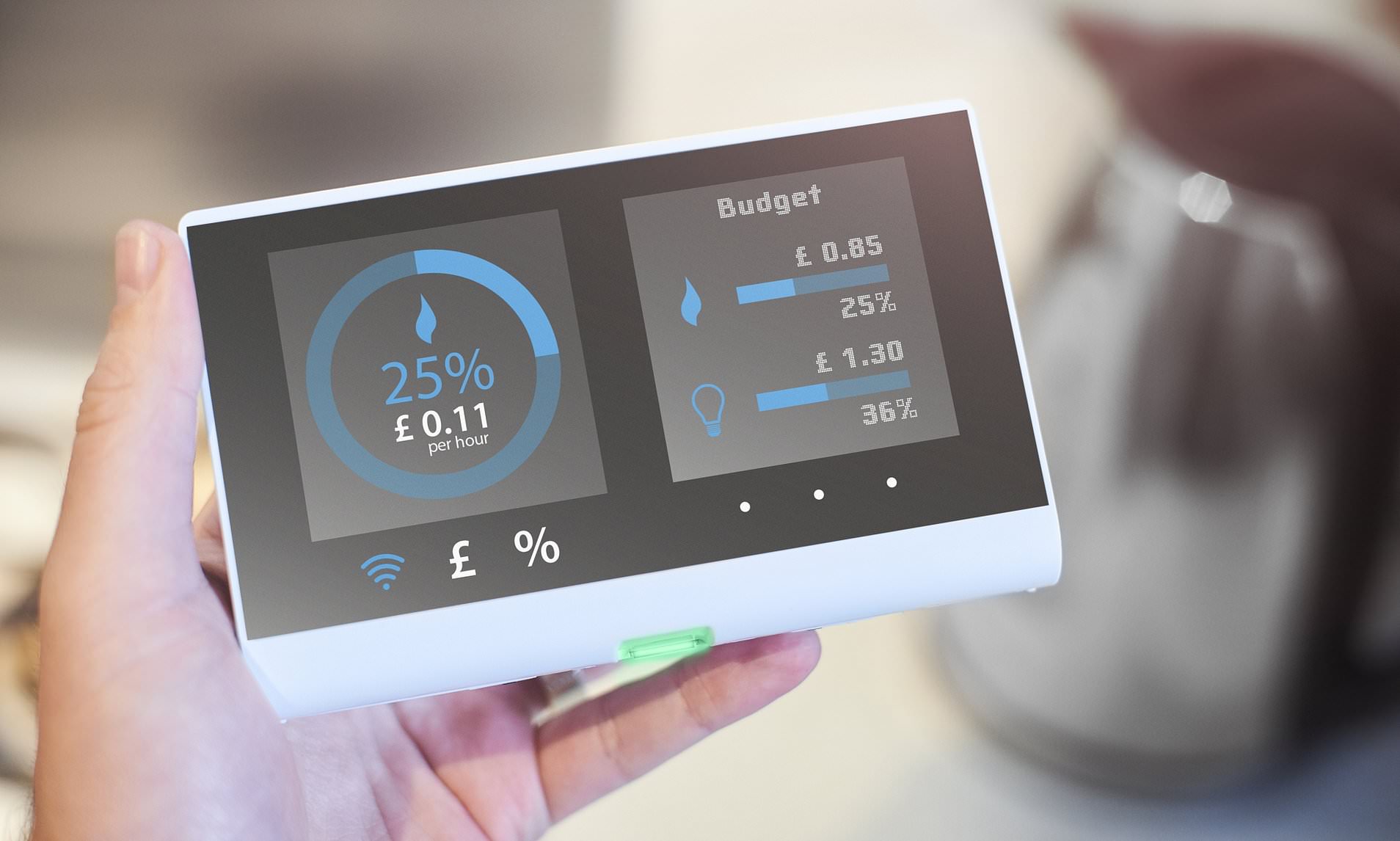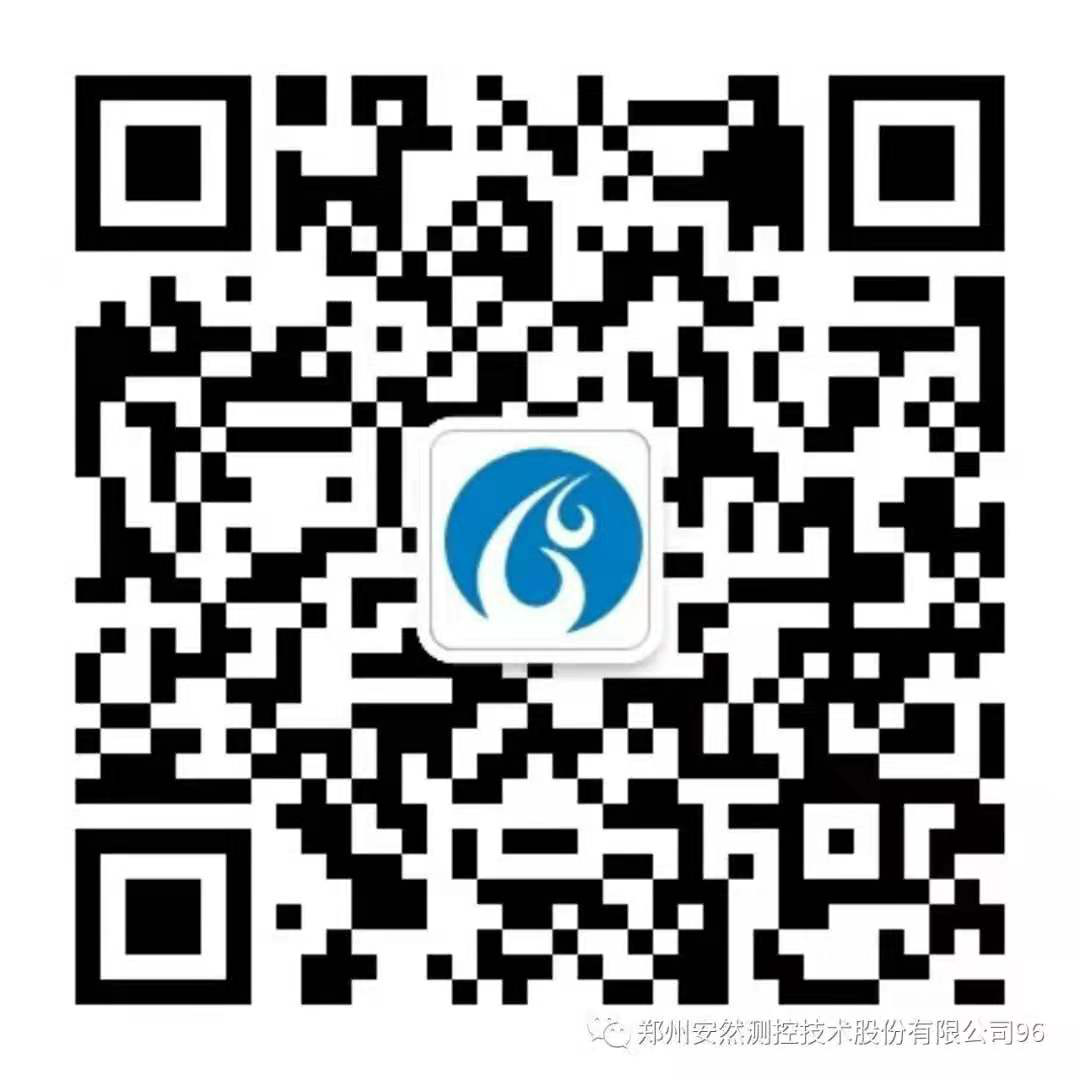Top 5 Smart Meter Breakthroughs Witnessed in 2021
- Time of issue:2022-01-14 10:42:59
- Views:
Top 5 Smart Meter Breakthroughs Witnessed in 2021
- Time of issue:2022-01-14 10:42
- Views:

Factors including a lack of funding, consumer resistance and unwillingness by utilities to deploy smart meter technologies in the past years have restrained the growth of the market. Since 2020, the impact of the pandemic on supply chains and 2021 installation procedures have further negatively affected the market.
However, a lot of developments have been achieved despite the negative restraints. We look at the top five achievements realised in 2021.
Europe’s smart meter installation milestone
In 2021, the penetration of smart electricity meters in Europe passed the 50% mark with more than 150 million units installed in consumer households and premises, according to a study released by Berg Insight.
The milestone is owing to increased digitalisation and modernisation of the grid and the enactment of supporting policies as the bloc eyes to achieve energy sustainability goals set under the Fit for 55 and Green Deal packages.
The UK under its effort to install 50 million smart meters, connected 16.6 million units on the Data Communications Company (DCC)’s network as of 11 December 2021. In late November, the DCC had announced that 10 million households have been connected to its network.
By 2026, the number of smart meters installed in Europe is expected to reach 227 million units with the central, eastern and southern Europe regions, which have been slow in deploying over the past years, expected to have the ten fastest-growing markets in terms of first-generation deployments.
The proximity of central and eastern Europe to advanced utility firms including EDF and E.ON and to vendors including Landis+Gyr, Kamstrup and Sagemcom will increase penetration throughout the decade, according to Guidehouse Insights.
India announces smart meter rollout timeline
Consumer acceptance and a lack of funding delayed smart meter penetration in India over the past years, according to Anil Rawal, Managing Director and Chief Executive Officer of IntelliSmart Infrastructure. Efforts by EESL and utilities have to date resulted in just over 2 million units being deployed across India.
However, the pledge made by the Indian government in 2021 to install advanced units for all residential customers by 2025 is expected to be a game-changer. It will see more than 250 million smart meters installed through 2025 and more funding mechanisms introduced to support deployment.
Guidehouse Insights predicts the installation of smart meters in India to exceed 5 million meters annually post COVID-19, as utilities invest more in digital tools to address non-revenue electricity.
Hydrogen meter
With the global economy striving to expand the hydrogen market to speed up the decarbonisation of industry, energy generation, transportation and building heating and cooling systems, various efforts are underway to come up with 100% hydrogen meters.
The UK government, under the Hy4Heat project, has partnered with various smart meter manufacturers to develop 100% hydrogen meters.
As part of the initiative, SIT and its subsidiary MeterSit, have managed to develop a 100% smart hydrogen meter that has received certification from the Netherlands Measurement Institute.
Federico de’ Stefani, Chairman and CEO of SIT group, said: “After the satisfaction of seeing our products installed in the hydrogen houses in the UK and exhibited at COP26, we are proud to obtain this certification for our 100% hydrogen meter which allows us to move from a test phase to a production phase.
In early December, Sensirion also launched its pure hydrogen, hydrogen blends and natural gas smart meter. The company claims its module is the world’s first module that measures any gas mixtures.
New smart meter use cases
Smart meters have traditionally been used to ensure accurate billing but digital transformation trends within the utility sector in 2021 have resulted in the introduction and piloting of new use cases.
A report released by 2020health and commissioned by Smart Energy GB highlights the application of smart meters for health and care monitoring systems.
The report explores the benefits of using smart meters for home monitoring for vulnerable individuals and as part of post-operative or restorative care, for population-level screening and monitoring, and for self-monitoring for well-being and safety.
The new use cases are being piloted in the UK and in Japan. However, factors including a lack of proposition and collaboration, technological and connectivity limitations, and supporting policy and regulations will need to be addressed for them to become mainstream, according to the study.
Apart from using advanced metering infrastructure (AMI) to enhance billing, US utility Con Edison announced some new use cases including using smart gas detectors for outside monitoring of natural gas leakages.
AMI valve box intrusion detection devices are helping Con Edison to protect its distribution network and valves from intrusion and tampering in dense areas.
The utility will also be installing cathodic protection test stations for remote monitoring of gas distribution pipes and evaluation of the impact on the grid or leaks on the soil.
New smart meters, interoperability and communication standards
Interoperability of smart meters and grid devices and resilient connectivity are areas the industry continues to address to enhance the operations and efficiency of smart grid environments.
In 2020, Kamstrup unveiled a new smart electricity meter, OMNIA, which the firm claims enables utilities to leverage both RF mesh and IoT cellular communications specifications and technologies for connectivity.
Mikkel Winther Johansen, Product Manager, said: “It’s important to us to be able to cater to different needs, and with the new addition to our meter portfolio, it’s up to our customers to decide whether they want to jump the IoT train straight away or stick to the tried-and-tested RF solution, only gradually making the transition. Both have their benefits, so it’s really a matter of what suits the utilities’ individual needs.”
Itron launched a new electricity meter for the German market, with enhanced operations and interoperability with multi-vendor environments. The new capability is vital for utilities with energy companies partnering with various technology providers in smart grid and energy modernisation programmes.
Source: Smart Energy International
Relevant Information
Zhengzhou Anran I&C Technology Co.,Ltd.
Tel: 0086-371-68629564
E-mail: global.sales@zzanran.com
Address: The National University Science Park, No.11, Changchun Road, High&New Technology Development District, Zhengzhou
Copyright Zhengzhou Anran I&C Technology Co., Ltd.




 0086-371-68629564
0086-371-68629564

 Message
Message 




